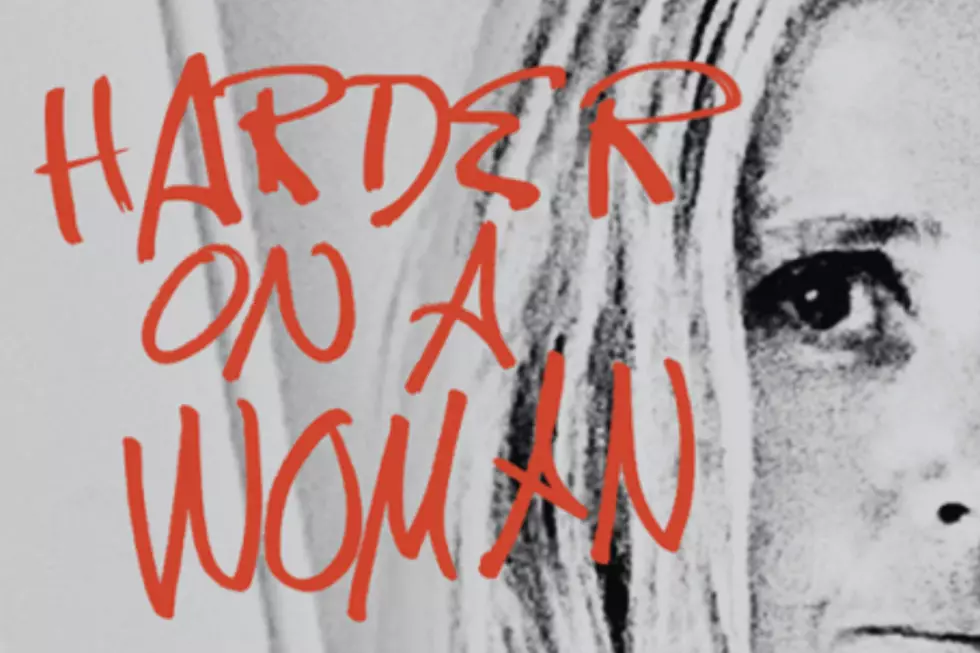
Listen to Billy Squier’s New Song, ‘Harder on a Woman’
Billy Squier has released "Harder on a Woman," his first new single in 25 years.
"Harder on a Woman" arrives 25 years after his last album, Happy Blue, was released in 1998. Squier assembled an ensemble of performers for the new track, enlisting G.E. Smith (from Bob Dylan and Hall & Oates' groups) to play additional guitars and help assemble a band. Bad Company's Simon Kirke stepped in on drums, while bassist Mark Clarke renewed a connection that began when he played bass on Squier's 1981 album, Don't Say No.
You can listen to the song below.
The song stems from writing sessions with C.C. Adcock in 2012. The New Orleans blues artist asked Squier to help flesh out some songs he was working on. Squier heard part of a lyric - "Harder on a woman than it is on a man" - and knew there was something there. Even though nothing came of the collaboration, the hook stayed with him.
A decade later, as news broke of the Roe v. Wade reversal in 2022, Squier had what he called a "Neil Young moment" and knew he had to take action. "I felt like a lot of the sisters out there aren't going to be too happy today," he told radio host Eddie Trunk during a conversation to premiere the new song. "I was thinking I'd like to find a way to give them some support." The chorus he'd written a decade earlier proved to be the seed for "Harder on a Woman."
Squier said the experience of working on "Harder on a Woman" left him eager to possibly record more music in the future. For now, the track is a one-off. "I'm not making grandiose plans," he said during the interview. "But I can tell you I have my radar a little more tuned for points of inspiration. I would have no trouble at all going back in and cutting some more stuff." There's also the chance he may play some shows, but he tempered fan expectations, adding that it would more likely be in a residency format instead of a tour. "I'd be lying if I said I'm not thinking about [doing something]."
Weird Facts About Rock's Most Famous Album Covers

